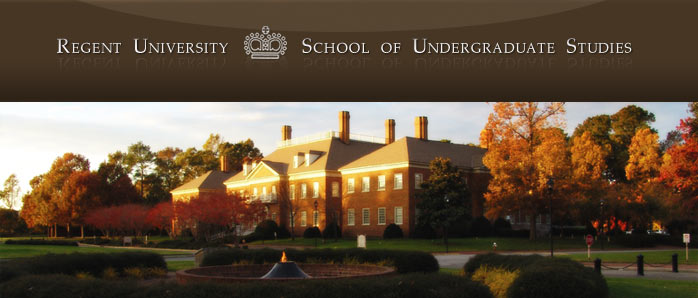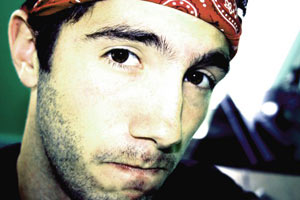
Tolstoy’s (1886/2004) brilliant novella, The Death of Ivan Ilyich, is an incisive exposé of the in-authenticity and meaninglessness of the more pretentious classes of society. Although it would be inaccurate to describe the story as adventurous, Tolstoy’s ability to draw his audience into the psyche of his characters is as capturing as it is didactic. Tolstoy leads the reader with great care through the intimate thoughts and feelings of Ivan Ilyich as he faces his impending death. When Tolstoy brings the story to a poetic end, the reader is left with an implicit challenge to explore the meaning of life.
The effectiveness of Tolstoy’s challenge lies not in explicit ideological comments, however, but in his character comparisons. Specifically, he draws a sharp contrast between the dying aristocrat Ivan Ilyich, along with all of his friends and family, and the mild-mannered peasant, Gerasim, who becomes Ivan’s sole comfort in his final days. Feeling isolated and depressed, Ivan struggles to justify the meaninglessness of his life, but at long last he realizes “all that for which he had lived…[was] a terrible and huge deception” (Tolstoy, 1886/2004, p. 299). He reluctantly admits to himself that he spent his entire life blindly following the superficial codes of his culture and seeking selfish pleasures, so long as they were not stigmatized by his peers. When death approaches, however, Ivan is faced with the not-so-superficial reality of his own mortality. None of the formalities or correctness that he dedicated his life to can save him; it is only in the kindly, simple face of his butler’s assistant, Gerasim, that he finds any comfort.
Gerasim, in stark contrast to the milieu of superficial characters in the novella, represents simplicity, unselfishness, and authenticity. While he is something of a caricature in the story because of the infrequent appearances, it is easy to sense Tolstoy’s idealization of the peasant lifestyle through his description of Gerasim. He lovingly describes him as “a clean, fresh peasant lad, grown stout on town food and always cheerful and bright” and having “the joy of life that beamed from his face” (Tolstoy, 1886/2004, p. 283); he even praises the fresh, down-to-earth scent of Gerasim’s boots. In caring for Ivan, Gerasim manages the delicate balance of showing him both sympathy and honesty, treating his condition with gentleness and realism. Clearly, Gerasim is as special to Tolstoy as he is to Ivan in the novella. He represents a life lived for more than superficial pleasantry and propriety.
The morals presented in Tolstoy’s novella are timeless. They are reminiscent of Socrates’ belief that individuals should concern themselves with truth and the welfare of their souls rather than materialism, social reputation, etc (see Weiss, 1998, p. 24). And, they remain applicable today in our postmodern culture that frequently substitutes social acceptance and romanticized self-images for truth and authenticity. It would be well for all of us to realize, like Ivan Ilyich did, that “though his life had not been what it should have been, this could still be rectified” (Tolstoy, 1886/2004, p. 301).
Reference
Weiss, R. (1998). Socrates dissatisfied: An analysis of Plato's crito. New York: Oxford University Press US.









